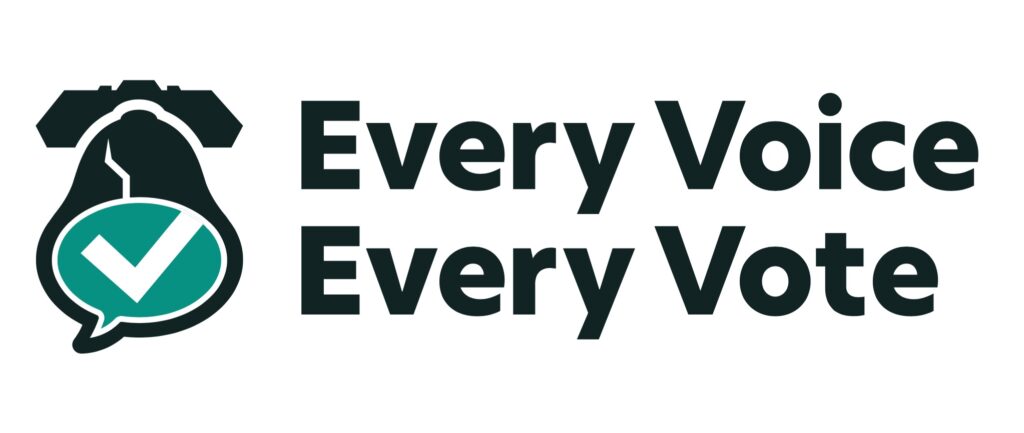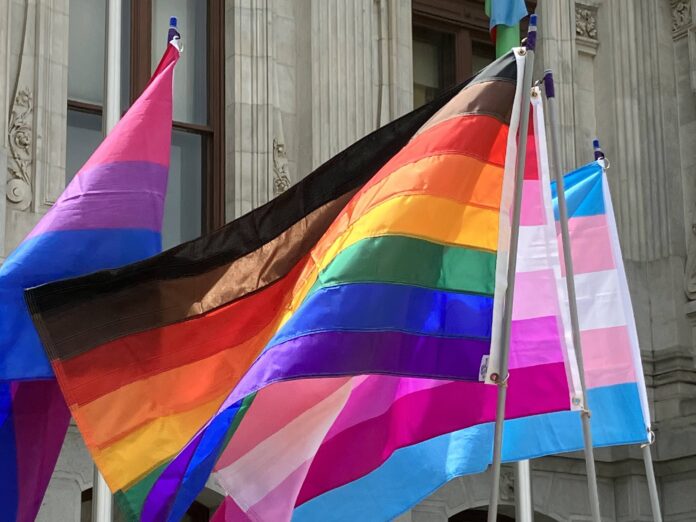Fairness Pennsylvania, a new statewide LGBTQ+ advocacy group, is forming in Pennsylvania. It’s the brainchild of organizers leading Fairness West Virginia, a statewide LGBTQ+ advocacy organization focused on PA’s southwestern neighbor.
That’s a red flag for at least seven leaders of LGBTQ+ organizations in PA, who feel confused about West Virginia’s budding involvement. When approached by Andrew Schneider — Fairness WV’s executive director of ten years — to donate to or participate in this Pennsylvania project, some felt Schneider wasn’t transparent about his plans for the emerging organization and lacked interest in supporting existing organizations.
Op-eds published in PGN and QBurgh criticized Schneider’s lack of transparency and his approach to the start-up, both citing fears about the new organization’s potentially negative impact on advocacy efforts with the one in QBurgh calling WV’s involvement a “hostile takeover.”
Without much information about what’s coming, some Pennsylvania activists have relied on interactions with Schneider over the past two years to guide their perspectives.
A pushy sales pitch
“What stood out most in the conversation was [Schneider] pushing me to give money and to give him names and numbers of other people that he could reach out to,” said Enrique Castro, president of Reading Pride Celebration.
He and other LGBTQ+ leaders were asked to donate $1000 or more to the organization before it even had a board. Potential board members were asked to give $5000, a barrier that prevented many from even considering involvement. Some described it as feeling like a cash-grab.
To some, he seemed disinterested in building a coalition with longstanding organizations. Instead, some said they were pressured to connect Schneider with possible funders and highly visible LGBTQ+ politicians.
“Talk to the people who are already doing the work,” Castro underlined about what he wished Scheider would have done better. “The easiest thing is conversation.”
“Don’t try to go around them and convince other community leaders that there is nothing going on — that we dropped the ball in Pennsylvania and we need a superhero to save the day,” he said about Schneider’s interest in launching a new program that Pennsylvanians didn’t ask for.
“In terms of them coming to Pennsylvania to show us how to get things done, that’s problematic, and I would encourage them to work with us cooperatively instead,” said David Moore of Pennsylvania Equality Project.
Moore has worked with organizations in bordering states — offering and receiving feedback to improve efforts and brainstorming approaches to address common goals. He underlined that these collaborations often happen “away from the cameras” and without exchanging money or expanding territory.
Many said they walked away from meetings with Schneider feeling disrespected — but when asked if he’d learned from any mistakes he might have made during his attempts to connect with LGBTQ+ leaders in PA, Schneider claimed not to be aware of any missteps.
“I don’t have any knowledge of ruffling feathers because the people that I’ve encountered have been very supportive and encouraging of this effort,” he added.
Why Pennsylvania?
“It was partly a good deed on our part — to be able to help Pennsylvania given that we’re geographically close, given that we have a successful, staffed statewide organization in a very difficult, challenging state,” said Schneider, who believes he can offer expertise to guide the newly forming group — including input on navigating a diverse community that sprawls across a vast state.
West Virginians also felt it was important for Fairness PA to launch before the 2024 presidential election.
“As long as the federal government remains LGBTQ-friendly, we’ll be OK in a state like West Virginia,” said Schneider. “But that all hangs in the ballot this year with the 2024 presidential election.”
Schneider and Fairness PA’s new team are highly concerned with the lack of a full-time, paid staffer lobbying on behalf of LGBTQ+ people at the capitol. Schneider underlined that this is especially alarming during an election year because PA, a swing state, could determine the outcome of a close election.
It’s true that Pennsylvania lacks a full-time, paid lobbyist in Harrisburg — which Fairness PA hopes to change, but critics believe this paints an inaccurate picture of PA activism. They underline that LGBTQ+ advocates are a consistent presence in the legislature. There’s also an appointed advocate working with the governor.
What are Fairness PA’s goals?
Schneider noted that Fairness PA will not be “repetitive or competitive to any organization that’s out there.”
“It’s to fill a void,” he underlined, noting his interest in hiring a lobbyist and in supporting rural Pennsylvanians. “It’s to serve a purpose that’s not currently being served in Pennsylvania.”
He explained that the organization also hopes to influence the upcoming election, help register LGBTQ+ people to vote and help them exercise that right.
“We are looking to help with the Fairness Act,” said elise michaux, chair of the Fairness PA’s public education wing. “We hope to pass a bill banning the dangerous and discredited practice of conversion therapy.”
“With our announcements to come in the coming weeks, you’ll hear more about what our focuses and priorities are for the organization,” she underlined.
Critics are worried that Fairness PA could disrupt work or muddle messaging about important topics, raise money that doesn’t make its way back to local communities, then leave — a pattern PA advocates have seen before with out-of-state organizations
But Schneider said that West Virginians have also been the victim of entities coming into the state, using up resources, and leaving the state “high and dry,” so he doesn’t intend to do that in PA.
“I don’t start something and leave, and I’m essentially the one who’s been sort of launching all this,” he said.
“We are very much looking to be around for the long haul to make sure that we incubate this organization, make sure it can become self-sustainable before we send it off as an independent organization,” he said.
Who’s really in charge?
Schneider described Fairness West Virginia as Fairness Pennsylvania’s fiscal sponsor. In business terms, the organization is “doing business as” Fairness PA, which he said allows Fairness WV to help the emerging organization carry out its responsibilities without the typical challenges small start-ups incur — such as expensive up-front costs and a lack of support for administrative tasks.
Schneider emphasized that West Virginians will not be speaking with legislators or influencing the way Pennsylvanians approach lobbying efforts. But skeptics have said they continue to have doubts.
Although the organization hasn’t yet announced who its newly hired state director will be, Nathaniel Yep — who chairs Fairness PA’s political side — noted that it’s a “longtime resident of Pennsylvania and knows the state really well.” He underlined that this person has a “wealth of experience” and a “deep well of connections and relationships that’s been established over the course of many years with many of the folks in Harrisburg.”
“I look at the makeup of the board,” Yep continued. “Thus far, you know, there’s nine individuals here all tied to and a part of the LGBTQ community, not just here broadly in Pennsylvania — but also individually, each of us has ties to connections within our own respective communities. We’re geographically spread across the commonwealth.”
He recognizes that skepticism can be healthy and natural when the issues at hand are so sensitive and close to people’s hearts, noting that “it’s on us as an organization to prove to folks what we really are about.”
“Once Fairness Pennsylvania hits the ground running, we’ll have evidence of just that,” michaux added.


